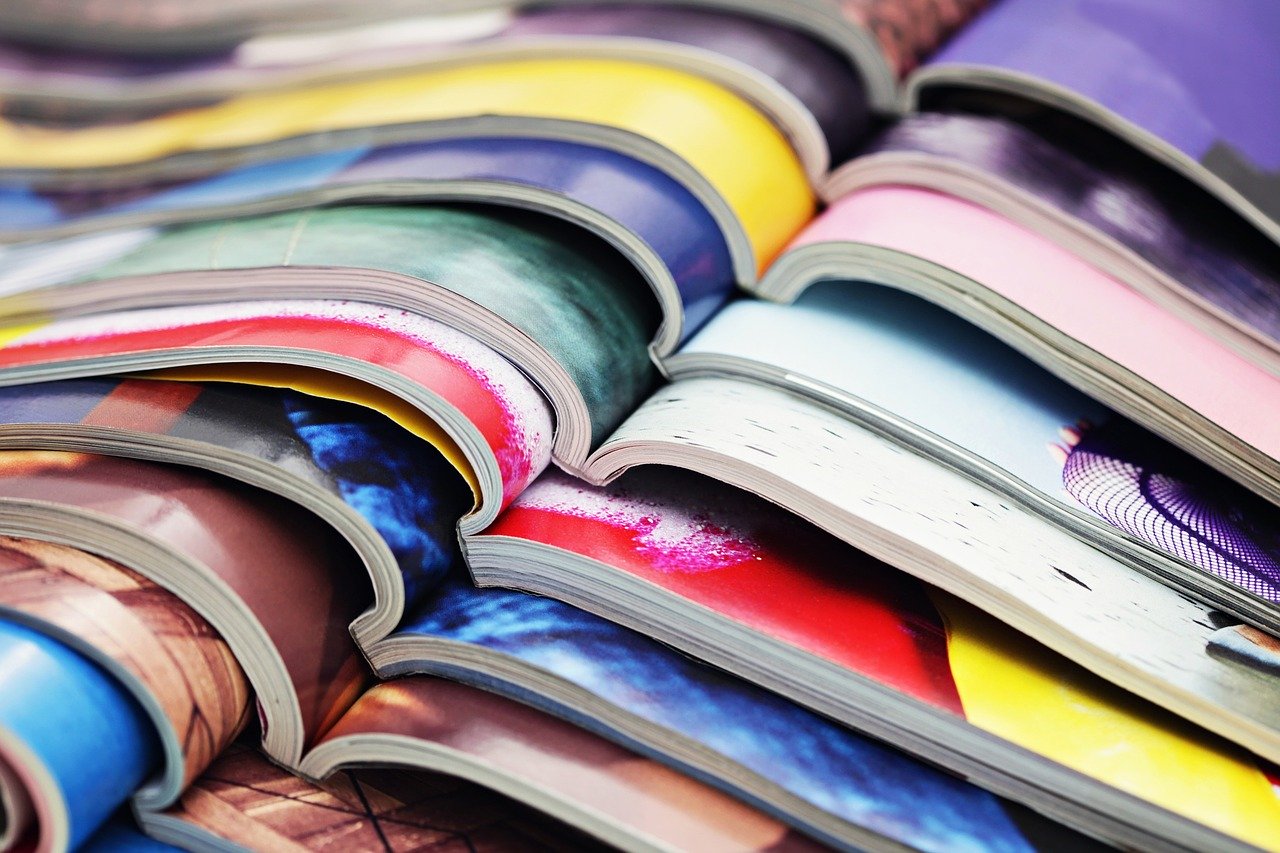
One of the more important limitations to the rights of copyright owners is the doctrine of “fair use,” codified in Section 107 of the copyright law. Under the doctrine of fair use, you may use copyrighted works under certain circumstances without the use being considered an infringement on the rights of copyright owners.
Uses that may be considered fair include:
- Criticism
- Comment
- News reporting
- Teaching
- Scholarship
- Research
However, these uses in and of themselves don’t automatically qualify as fair. Use the Fair Use Factors below to determine whether a copyrighted work may be used without permission. For items that do not conform to Fair Use guidelines, you must obtain copyright permission from the copyright holder.
Fair Use Factors
Section 107 of U.S. Copyright Law provides four factors to consider when considering whether the use of copyrighted works is fair use.
- The purpose and character of the use, including whether such use is of commercial nature or is for nonprofit educational purposes
- The nature of the copyrighted work (e.g., whether it is factual or creative in nature)
- The amount and substantiality of the portion used in relation to the copyrighted work as a whole
- The effect of the use upon the potential market for, or value of, the copyrighted work
Fair Use Analysis Tools
In addition, the Association of Research Libraries, in partnership with the Center for Social Media and the Washington College of Law at American University, developed the Code of Best Practices in Fair Use for Academic and Research Libraries in 2012 to aid the research and academic library community in determining fair use. Additional codes of best practices in fair use can be found on the website of the Center for Media and Social Impact.
- Fair Use Checklist: Developed by Kenneth D. Crews (Columbia University) and Dwayne K. Buttler (University of Louisville) and available from the Copyright Advisory Office at Columbia University.
- Document the Fair-Use Reasoning Process Worksheet: Developed by Renee Hobbs from the Media Education Lab at the University of Rhode Island.
